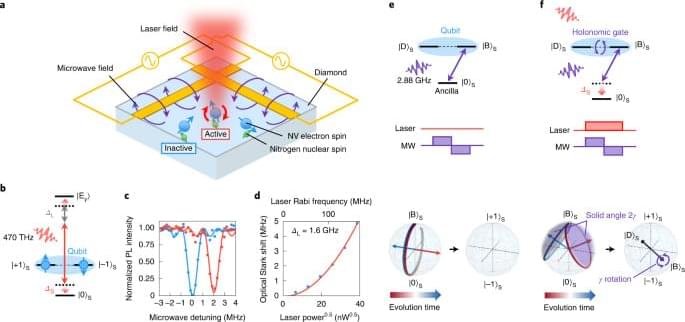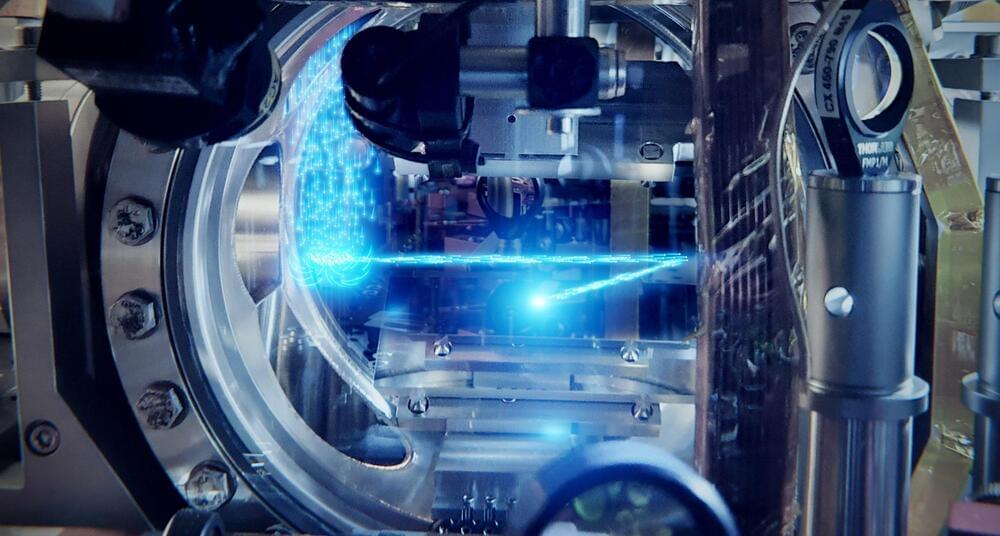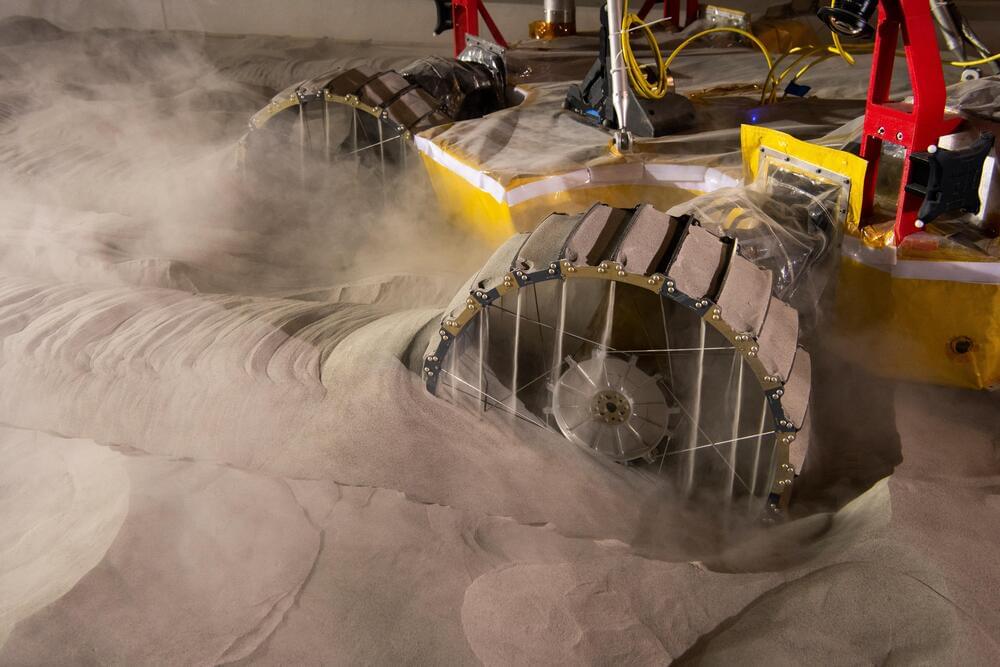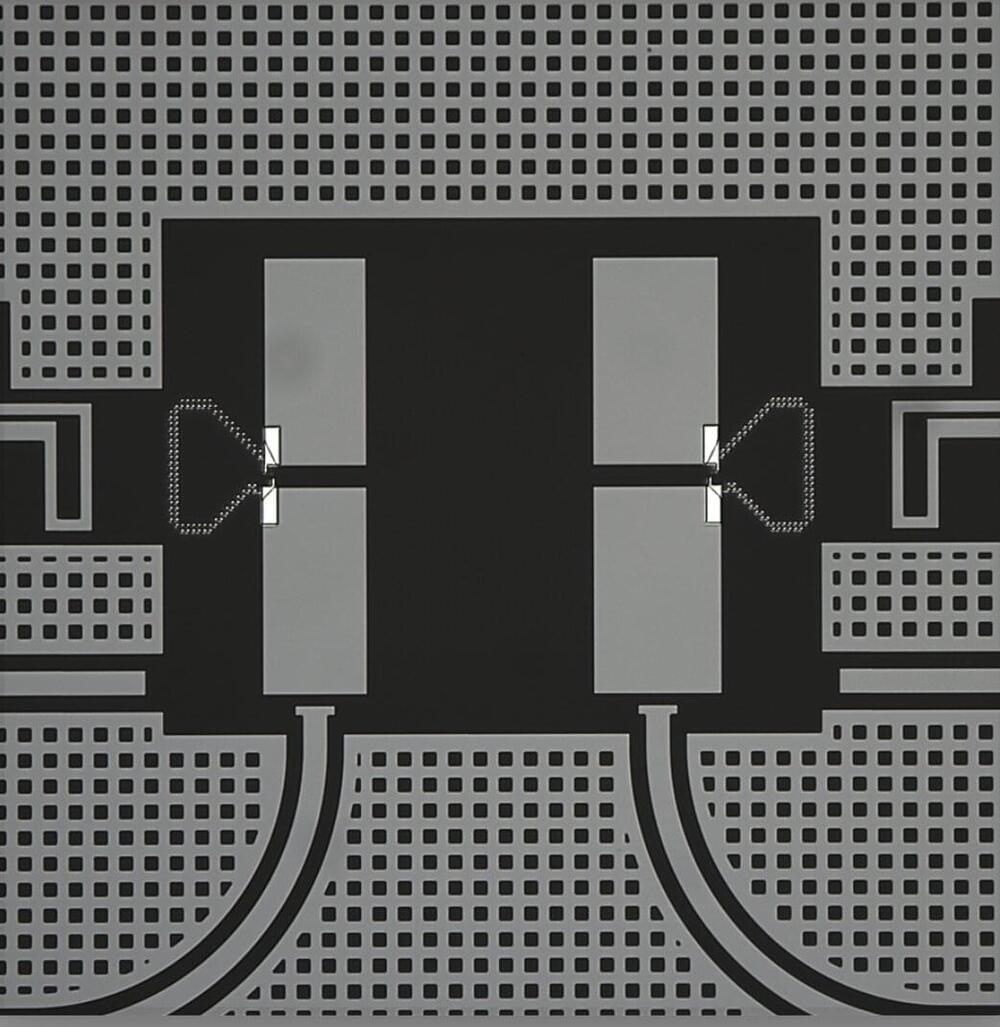Microwave-driven holonomic quantum gates on an optically selected electron spin in a nitrogen-vacancy centre in diamond are demonstrated. Optically addressable entanglement is generated between the electron and adjacent nitrogen nuclear spin.



We think of data storage as a modern problem, but even ancient civilizations kept records. While much of the world used stone tablets or other media that didn’t survive the centuries, the Incas used something called quipu which encoded numeric data in strings using knots. Now the ancient system of recording numbers has inspired a new way to encode qubits in a quantum computer.
With quipu, knots in a string represent a number. By analogy, a conventional qubit would be as if you used a string to form a 0 or 1 shape on a tabletop. A breeze or other “noise” would easily disturb your equation. But knots stay tied even if you pick the strings up and move them around. The new qubits are the same, encoding data in the topology of the material.
In practice, Quantinuum’s H1 processor uses 10 ytterbium ions trapped by lasers pulsing in a Fibonacci sequence. If you consider a conventional qubit to be a one-dimensional affair — the qubit’s state — this new system acts like a two-dimensional system, where the second dimension is time. This is easier to construct than conventional 2D quantum structures but offers at least some of the same inherent error resilience.

These days, imagining our everyday life without lasers is difficult. Lasers are used in printers, CD players, measuring devices, pointers, and so on.
What makes lasers so special is that they use coherent waves of light: all the light inside a laser vibrates completely in sync. Meanwhile, quantum mechanics tells us that particles like atoms should also be thought of as waves. As a result, we can build ‘atom.
An atom is the smallest component of an element. It is made up of protons and neutrons within the nucleus, and electrons circling the nucleus.

Use code HISTORY16 for up to 16 FREE MEALS + 3 Surprise Gifts across 7 HelloFresh boxes plus free shipping at https://bit.ly/3Rkknac!
If you like this video, check out writer Geraint Lewis´ excellent book, co-written with Chris Ferrie:
Where Did the Universe Come From? And Other Cosmic Questions: Our Universe, from the Quantum to the Cosmos.
AND check out his Youtube channel:
https://www.youtube.com/c/AlasLewisAndBarnes.
Incredible thumbnail art by Ettore Mazza, the GOAT: https://www.instagram.com/ettore.mazza/?hl=en.
Art created by soso112429, and Joe from History Dose: www.youtube.com/historydose.
Quantum mechanic discoveries are some of the most groundbreaking discoveries that scientists can make as they allow us to get a better understand of the space and matter around us. From multiple dimensions to quantum superposition, there are many things that are difficult for scientists and physicists to explain. Hopefully we can clear up some of the confusion!
Thanks for watching Matter!
🔔 Hit the bell next to Subscribe so you never miss a video!
❤️ Like, Comment and Subscribe if you are new to the channel!
Topics Discussed/Related:
- Amazing Discoveries.
- Quantum Tunneling.
- Quantum Entanglement.
- Quantum Computing
It was once thought that gravity and quantum mechanics were inconsistent with one another. Instead, we are discovering that they are so closely connected that one can almost say they are the same thing. Professor Susskind will explain how this view came into being over the last two decades, and illustrate how a number of gravitational phenomena have their roots in the ordinary principles of quantum mechanics.
Leonard Susskind is an American physicist, who is a professor of theoretical physics at Stanford University, and founding director of the Stanford Institute for Theoretical Physics. His research interests include string theory, quantum field theory, quantum statistical mechanics, and quantum cosmology.

NASA’s Volatiles Investigating Polar Exploration Rover (VIPER) prototype recently endured the most realistic tests to-date of its ability to drive through the most difficult terrain during its mission to the Moon’s South Pole.
Quantum computers, devices that exploit quantum phenomena to perform computations, could eventually help tackle complex computational problems faster and more efficiently than classical computers. These devices are commonly based on basic units of information known as quantum bits, or qubits.

Quantum computers, devices that exploit quantum phenomena to perform computations, could eventually help tackle complex computational problems faster and more efficiently than classical computers. These devices are commonly based on basic units of information known as quantum bits, or qubits.
Researchers at Alibaba Quantum Laboratory, a unit of Alibaba Group’s DAMO research institute, have recently developed a quantum processor using fluxonium qubits, which have so far not been the preferred choice when developing quantum computers for industry teams. Their paper, published in Physical Review Letters, demonstrates the potential of fluxonium for developing highly performing superconducting circuits.
“This work is a critical step for us in advancing our quantum computing research,” Yaoyun Shi, Director of Alibaba’s Quantum Laboratory, told Phys.org. “When we started our research program, we decided to explore fluxonium as the building block for future quantum computers, deviating from the mainstream choice of the transmon qubit. We believe that this relatively new type of superconducting qubit could go much further than transmon.”
